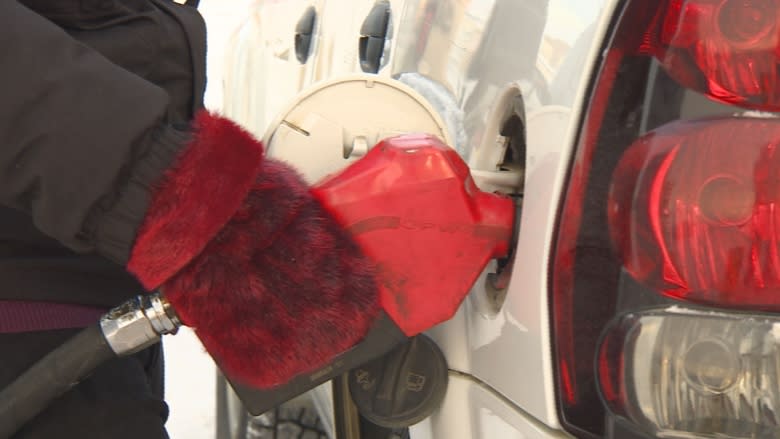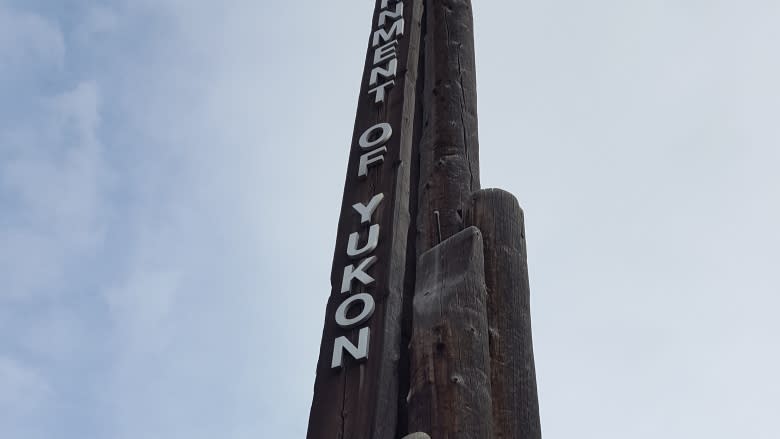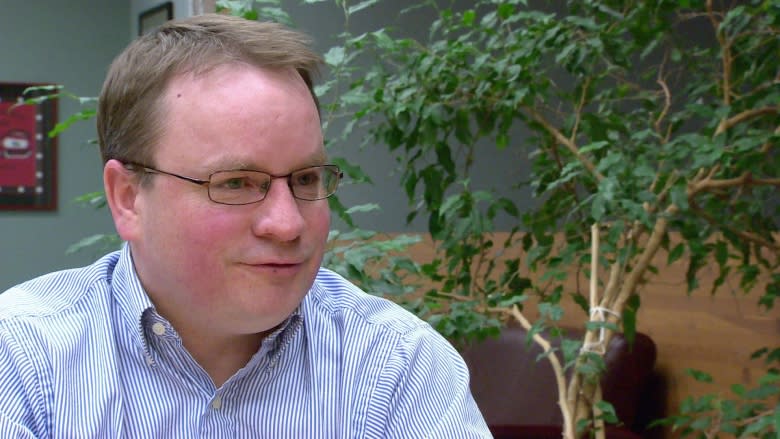Chamber of Commerce has bold plan for Yukon carbon tax monies
The Yukon Chamber of Commerce has some strong opinions on what to do with carbon tax money that will be collected in the territory.
The federal government has said such a tax will be implemented across the country by 2018; and the Yukon Liberals campaigned last year on a promise to return the tax directly to Yukoners' pockets.
But the organization that represents businesses in the territory has other ideas. It has just released its official policy on both the carbon tax and energy policy for the Yukon.
Key among its recommendations include creating an "arm's length, apolitical, independent and professionally managed third-party Yukon Green Energy Trust," to manage the proceeds of a tax.
The policy reiterates previous stances on a northern carbon tax, noting that Yukon businesses and consumers don't have the same options for reducing their carbon consumption as southern Canadians do; it also points out that because Yukon is cold, dark, and covers a large area with a small population, the carbon footprint per person is disproportionately higher.
It also encourages the Yukon government to work with the other territories to seek "a lower or delayed set of emission targets for the North."
The Chamber is also in favour of a private sector steering committee, to determine how to allocate revenues from carbon pricing.
Chamber president Peter Turner says those revenues should be dedicated to "business-oriented solutions."
"A third party organization [would] look at how to direct those monies, with the objective of getting us off non-renewable solutions. And we're not sure that the government is the right body to do that," Turner said.
Income disparities?
The chamber also worries that a carbon tax could make the gap between government workers and private sector workers even larger.
"The biggest single sector of our economy is people that are employed by the government. And next year their contract is up for re-negotiation, and part of what is renegotiated is cost of living adjustment," Turner explained.
"And if all of a sudden they say, 'well, carbon pricing has increased our cost-of-living by x-per cent, so we then fold in a cost of living adjustment as part of that negotiation, that effectively insulates a substantial portion of our citizens from being impacted by carbon pricing."
Turner says that would leave Yukon's private sector employees to bear the brunt of the tax.
"The last thing we want to do — and we can look south of the border to see this — is create income disparity or 'have' or 'have not' classes. It has social and political implications."
The chamber says government can help reduce fossil fuel consumption by exploring public/private partnerships for transit, both in Whitehorse and to create options for people who live in the rural communities.
Official opposition pushing for exemption
The opposition Yukon Party's critic for energy, mines and resources doesn't agree that a third-party trust should manage the carbon tax monies.
Scott Kent, former minister of energy, mines and resources, doesn't like the idea of a carbon tax, period, but likes the idea of a trust even less.
"These are real choices that impact individual Yukoners, and I don't think setting up a third-party trust to invest in pet projects throughout the territory is the way to go about it. I think we have to seek exemptions, and seek real solutions."
Kent urges Premier Sandy Silver to follow in Nunavut Premier Peter Taptuna's footsteps.
"We saw Premier Taptuna talking about exemptions to what they'd be looking for with the federal government — you know, heating fuel, jet fuel, fuel for energy. We'd be interested in hearing what type of exemptions that our premier would be looking for Yukoners so that we could keep the cost of living low here.
"The cost of living is already a concern here for many individuals, and anything that drives it up would be concerning as well," Kent said.
During last year's election campaign, Silver vowed that every single penny in a carbon tax would be returned directly to the taxpayer's pocket. Kent says that promise is something Silver will have to live with.
"He certainly owns this issue as the premier. I think the one thing that they were short on during the campaign was any plan as to how they would rebate the carbon tax."
Kent says the mining industry is particularly vulnerable.
"Obviously the placer miners are quite concerned. They're a very fuel-intensive industry, as is production on the hard rock side as well, so they'd be looking for a sense on how this would be returned to them," he said.
Silver declined an interview on the issue.




